Invitation Only
Theater of War: Ajax United States Naval Academy
This event has ended.
View upcoming events.
Fri, Oct 13.2023
Theater of War Productions presents community-specific, theater-based projects that address pressing health and social issues. The company works with leading film, theater, and television actors to deliver dramatic readings of seminal plays, followed by town hall-style discussions designed to confront social issues by drawing out raw and personal reactions to themes highlighted in the performances. The guided discussions will underscore how the plays resonate with the Midshipmen, Faculty, and Staff and invite audience members to share their perspectives and experiences. The goal of these events is to break down stigmas, foster empathy and awareness, enhance compassion, promote engaged leadership and a deeper understanding of complex issues that will serve the MIDN well as they develop and grow as future naval officers.
Featuring performances by Chad Coleman (The Wire, The Walking Dead), Taylor Schilling (Orange is the New Black, Dear Edward), and Bryce Pinkham (Mercy Street, The Blacklist). Directed and facilitated by Bryan Doerries.
All three events will take place in Alumni Hall.
About the play
-
Ajax by Sophocles
Sophocles’ Ajax tells the story of a fierce warrior who is passed over for recognition by his command after losing his cousin Achilles in battle during the Trojan War. Feeling betrayed, Ajax attempts to murder his superior officers, fails, and—ultimately—takes his own life. The play tells the story of the events leading up to Ajax’ suicide, as well as the story of his wife and troops’ attempt to intervene before it's too late. The play also depicts the devastating impact of Ajax’ suicide upon his wife, son, brother, troops, and chain of command.
Cast Members
-
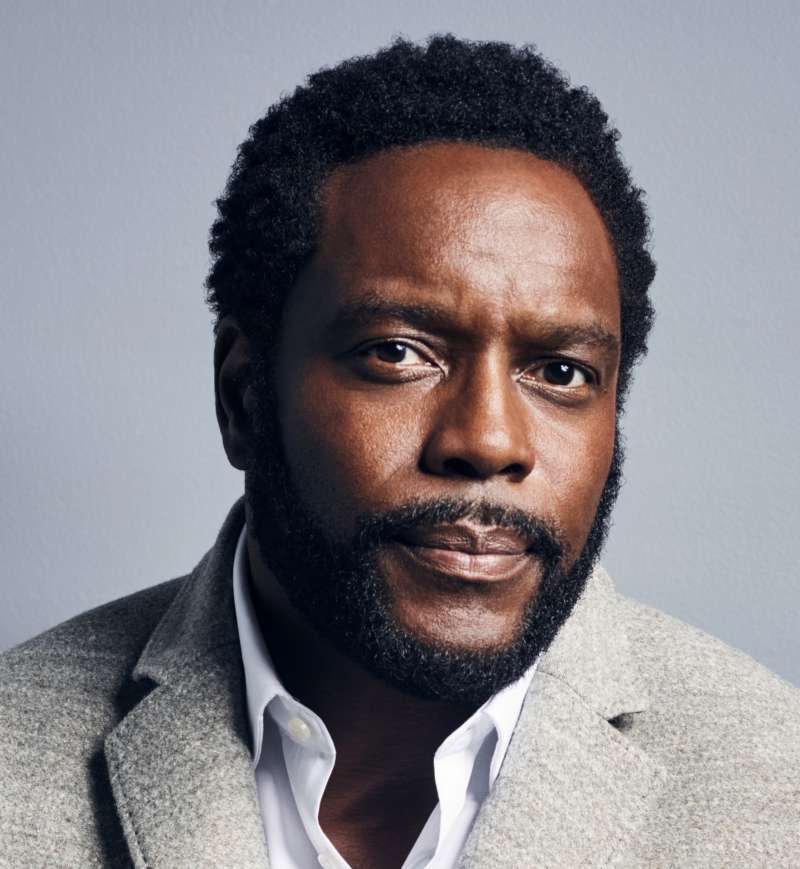
Chad Coleman
-

Taylor Schilling
-
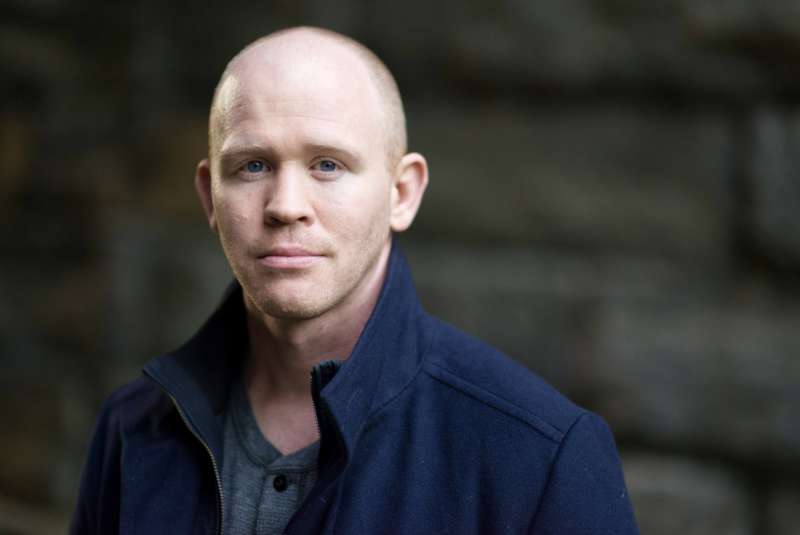
Alex Morf
Explore Projects
-
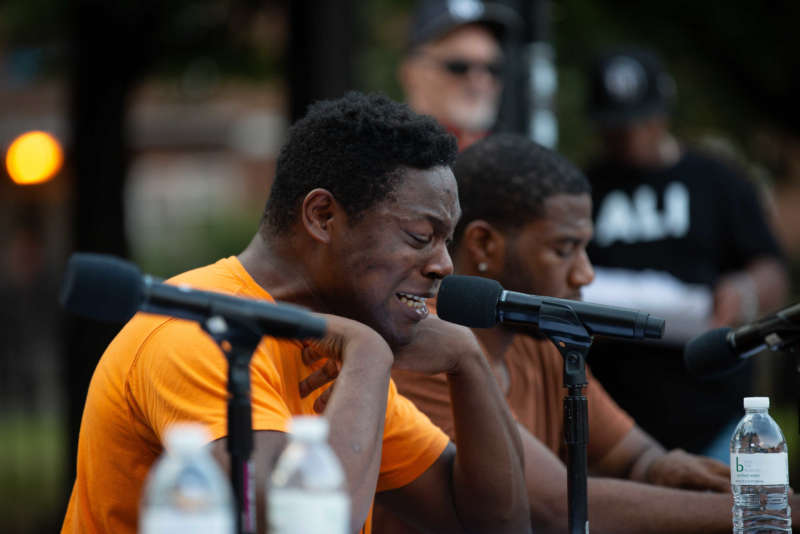 Gun ViolenceHercules
Gun ViolenceHerculesDrawing from an ancient Greek tragedy about a vicious act of violence committed by an angry man with an invincible weapon, this project aims to generate powerful dialogue between concerned citizens, members of the law enforcement community, victims and perpetrators of gun violence, and the general public.
-
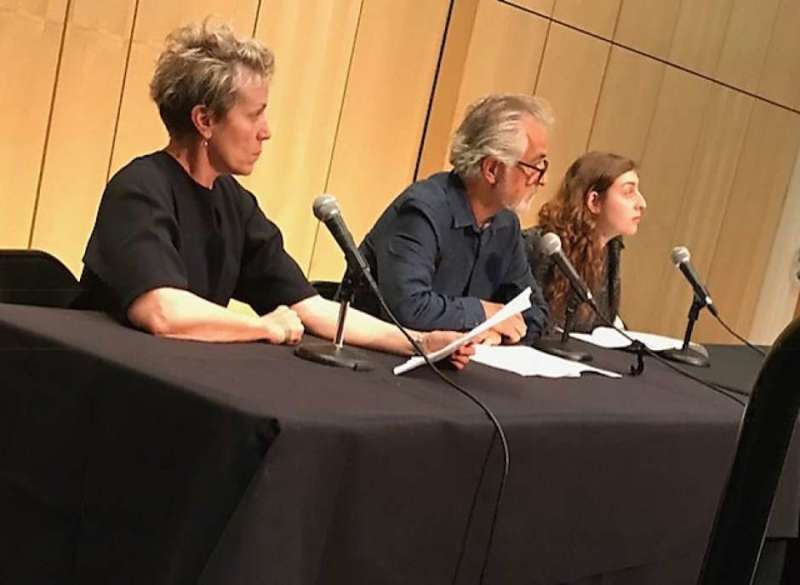 Caregiving & DeathTheater of War Frontline
Caregiving & DeathTheater of War FrontlineTheater of War Frontline is an innovative project—developed by Theater of War Productions, the Johns Hopkins Berman Institute of Bioethics and the Johns Hopkins Program in Arts, Humanities & Health—that presents dramatic readings by acclaimed actors of scenes from ancient Greek plays for audiences of frontline medical professionals to open up powerful dialogue about difficult subjects, fostering a sense of connection and promoting health-seeking behavior. By presenting ancient plays to doctors, nurses, EMTs, respiratory therapists, and the frontline community about emotionally-charged, ethically complex situations, Theater of War Frontline aims to create a brave space for open, candid dialogue and reflection, fostering compassion, a renewed sense of community, and positive action.
-
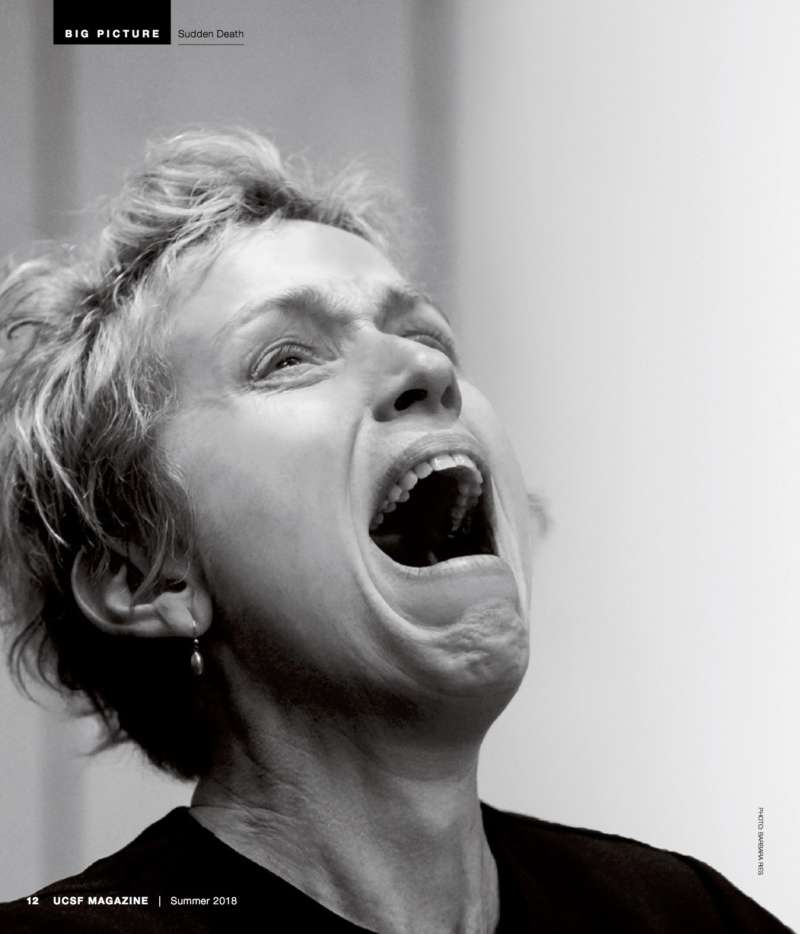 Caregiving & DeathEnd of Life
Caregiving & DeathEnd of LifeEnd of Life presents readings of ancient Greek plays in public settings and medical communities as a catalyst for facilitated discussions about challenges faced by patients, families, and health professionals today around end of life care. This unique, participatory event is intended to promote powerful, open discussion among diverse communities - public and professional - fostering compassion, cooperation, and understanding about living with chronic suffering and the mortality we all share.